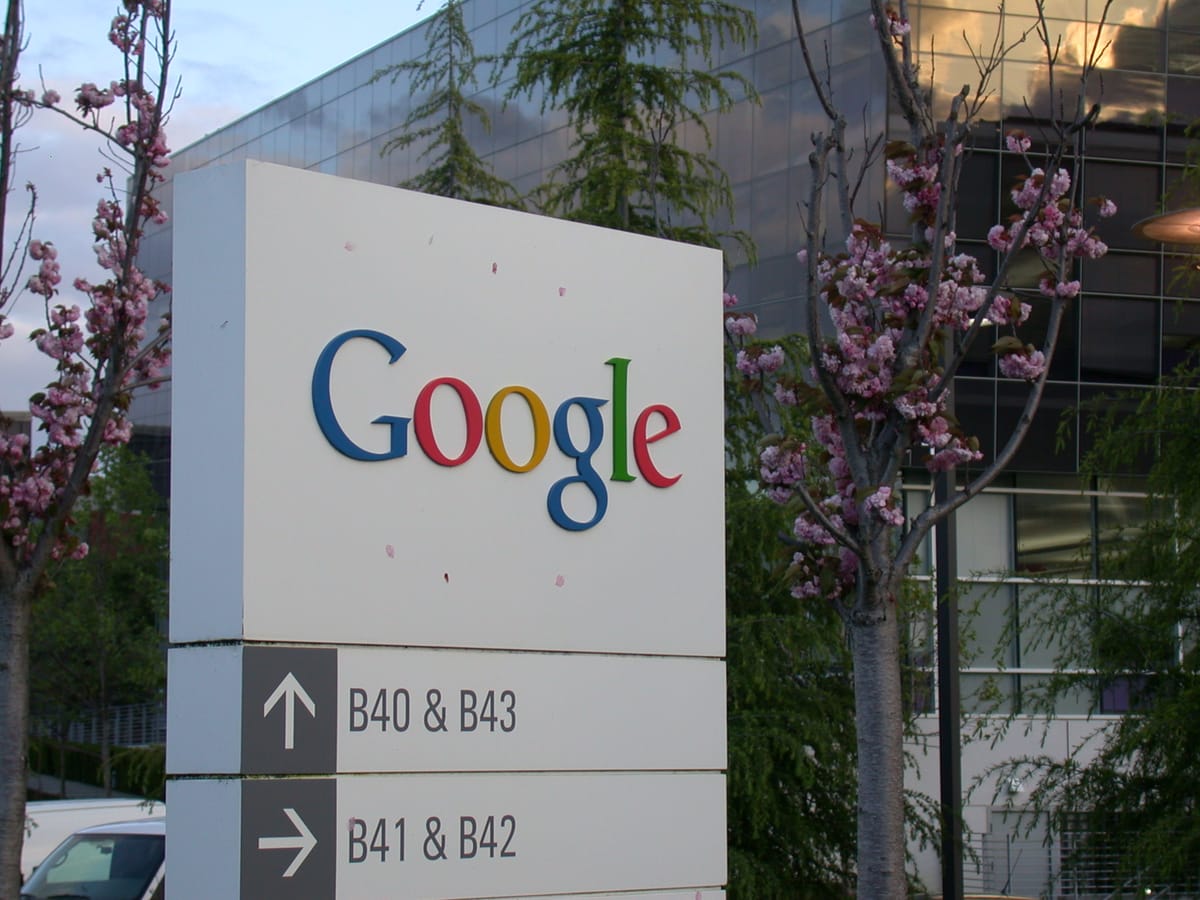Google's Bold Move: ChromeOS and Android Merger Could Reshape the Tech Landscape
Google is reportedly planning one of its most significant platform consolidations yet, with sources indicating the tech giant intends to merge ChromeOS and Android into a single, unified operating system. This strategic shift could fundamentally alter how we interact with computers, tablets, and smartphones while positioning Google to better compete against Apple's increasingly integrated ecosystem.
The Convergence Strategy Takes Shape
The merger represents Google's acknowledgment that maintaining separate operating systems for different device categories no longer serves its long-term interests. Currently, Android powers over 2.5 billion devices worldwide, primarily smartphones and tablets, while ChromeOS has carved out a respectable niche in the laptop market, particularly in education and enterprise sectors.
According to industry reports, Google's internal teams have been working on this convergence for months, with the goal of creating a more seamless user experience across all device types. The unified platform would leverage Android's massive app ecosystem while incorporating ChromeOS's desktop-class browsing capabilities and productivity features.
Why This Matters Now
The timing of this merger isn't coincidental. Apple's transition to its own silicon with the M1 and M2 chips has created an increasingly unified experience between iPhones, iPads, and Macs. Users can now run iPhone apps natively on their MacBooks, while features like Handoff and Universal Clipboard create seamless workflows across devices.
Google's current fragmented approach puts it at a disadvantage. While Android dominates the smartphone market globally, ChromeOS accounts for less than 3% of the desktop operating system market. By combining forces, Google could create a more compelling alternative to Apple's ecosystem while simplifying development and maintenance costs.
Technical Challenges and Opportunities
The App Ecosystem Advantage
One of the most significant benefits of this merger would be immediate access to millions of Android apps on laptop and desktop devices. Currently, ChromeOS users can run Android apps through a compatibility layer, but the experience is often clunky and inconsistent. A unified platform would eliminate these friction points.
User Interface Evolution
The merged system would need to intelligently adapt its interface based on the device form factor. This means a smartphone-optimized interface for handheld devices, while transforming into a desktop-like experience when connected to larger screens or keyboards. Microsoft attempted something similar with Windows 8, but Google's approach appears more thoughtful and gradual.
Performance Considerations
ChromeOS is renowned for its lightweight, fast boot times and efficient resource usage. Maintaining these advantages while incorporating Android's more resource-intensive features will be crucial for the merger's success. Google's experience with Android's performance optimizations over the years suggests they're well-positioned to address these challenges.
Market Implications and Competition
This consolidation could significantly impact the competitive landscape. For consumers, it promises a more cohesive experience across devices, potentially reducing the learning curve when switching between smartphones and computers. For developers, it means a single platform to target instead of optimizing for multiple Google operating systems.
The education sector, where ChromeOS has found particular success, could see substantial benefits. Schools already using Chromebooks could gain access to a broader range of educational apps currently available only on Android tablets.
Potential Roadblocks and Concerns
Despite the strategic benefits, several challenges remain. Enterprise customers who have invested heavily in ChromeOS deployments may be concerned about compatibility and migration paths. Additionally, the merger raises questions about Google's commitment to maintaining the security and simplicity that made ChromeOS attractive in the first place.
Privacy advocates are also likely to scrutinize how Google handles the increased data integration opportunities that a unified platform would provide.
The Path Forward
While Google hasn't officially confirmed the merger timeline, industry analysts suggest we could see the first implementations within the next 18-24 months. The transition will likely be gradual, with Google maintaining backward compatibility and providing clear migration paths for existing users.
The success of this merger will largely depend on Google's ability to preserve the best aspects of both operating systems while creating genuinely new capabilities that neither could achieve alone. If executed well, this could mark the beginning of a new era in personal computing, where the boundaries between mobile and desktop computing finally dissolve.
For users, developers, and the broader tech industry, Google's platform consolidation represents both an opportunity and a pivotal moment that could reshape how we think about operating systems in an increasingly connected world.
